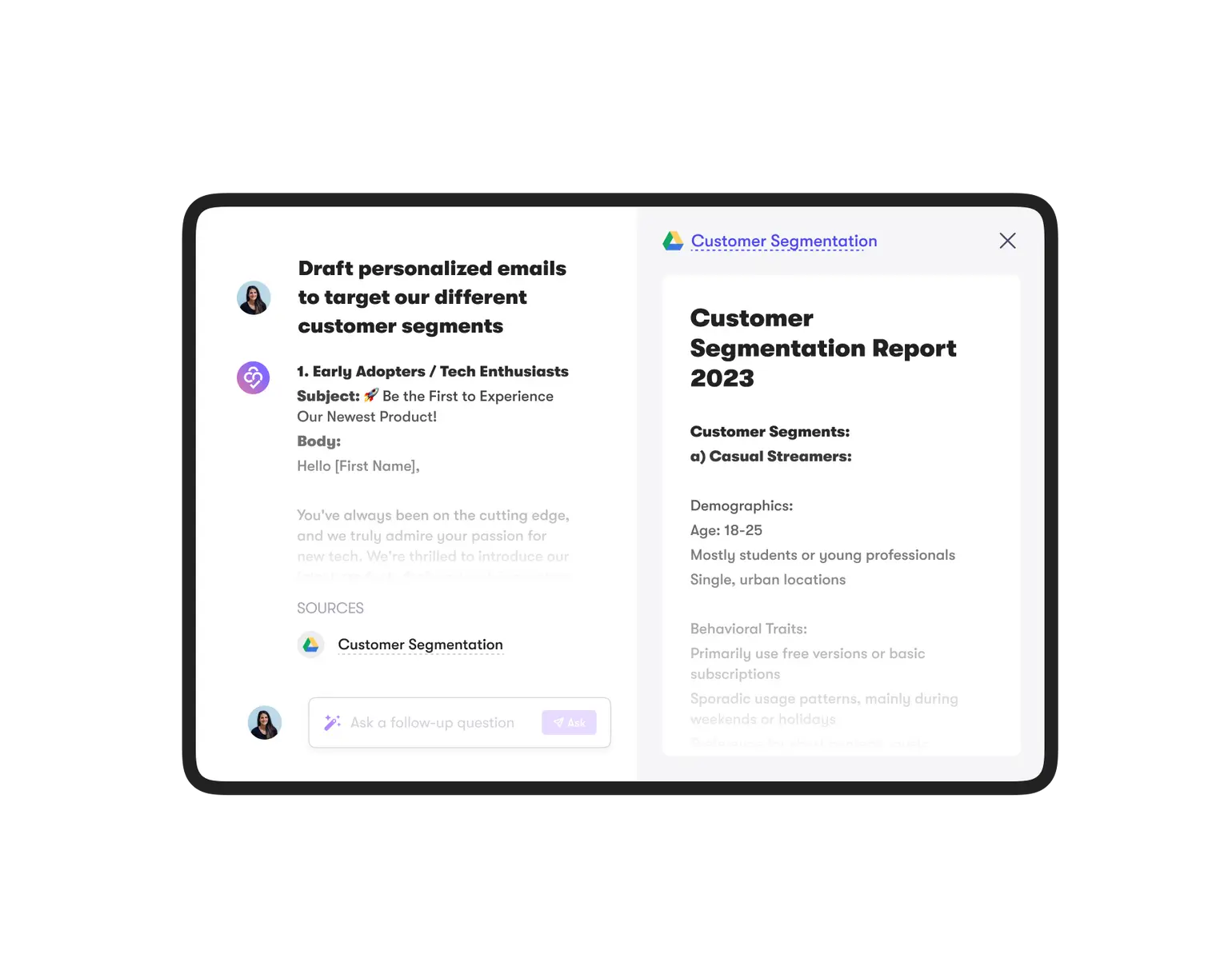The Haunting of Outdated Product Management Practices: An Expert Guide for Product Managers

Love it or hate it, product management is aaaaaaalwaaaays changing. Every PM job is different, and so is every company and industry. Please don’t even get us started on AI.
Look, no one wants to be inefficient or stagnant. These practices not only hinder productivity but also have a profound impact on the fundamental principles of effective product management in an ever-evolving market.
Those gotta go. Let’s take a look at a few.
🎃The Haunting of Outdated Practices in Product Management 🎃
🧙Manual Data Entry: The Haunting of Excel
Manual data entry epitomizes inefficiency in modern product management. The arduous process of manually inputting and managing product-related data not only consumes way more valuable time and resources than it should but also introduces inaccuracies and delays. It’s just not the best option anymore, so why waste any more time?
We live in a time driven by automation. Use AI tools to boost productivity, reduce inaccuracies, and free time. By incorporating automated solutions, product managers can eliminate the tedious and error-prone manual data entry process. This not only liberates valuable time and resources but also ensures the precision and swiftness required for strategic product development.
👻Ineffective Decision-Making: The Ghost in the Boardroom
Effective decision-making serves as the lifeblood of any product management process. Ineffective decision-making practices, often grounded in the use of outdated information, persist as ghosts of the past. They can lead to suboptimal choices and missed opportunities that may prove detrimental to your product's success.
To dispel the shadows of data silos, embrace modern data integration and collaboration tools. These tools facilitate seamless data sharing and collaboration across departments, fostering a culture of innovation and cross-functional cooperation that is quintessential for effective product management.
Tools like Collato (hey!) centralize you and your team’s knowledge so you always have the most relevant information immediately available to you so you can make informed and up-to-date decisions.

🧟Forgetting Product-Centricity: The Monster Mash
Having a clear vision and strategy is paramount. This vision should be communicated effectively to all stakeholders, aligning everyone from customers to engineers and sales teams toward a common goal.
Data is the lifeblood of effective product management. Adopting a data-driven approach, product managers should leverage various data collection methods, such as user surveys, customer interviews, and analytics, to guide decision-making. Collato can also condense all of your work docs like surveys and interviews and synthesize all of the information. Now you can be completely informed and big-picture-ready. And best yet, all of the sources Collato used to respond to your prompt are also referenced, too.
Transitioning from a sales-centric mindset to a product-centric one can be a significant challenge. It requires unwavering commitment from leadership and a willingness to adapt existing operational paradigms.
Some key steps in establishing a product-centric organization include, empowering product managers to make decisions autonomously, fostering a culture of innovation, and making substantial investments in product development. In essence, a product-centric organization is one dedicated to the art of crafting and delivering successful products, driven by a clear vision, a data-driven ethos, and a culture that embraces innovation.
💀Data Silos: Paranormal Communication?
Data silos are isolated repositories of information that hinder collaboration or knowledge. These barriers prevent insights from flowing freely across different departments, impeding cross-functional teamwork and innovation. This obstruction poses a significant challenge for product managers as it can limit their ability to access and leverage critical data and communicate with their teams, ultimately hindering their capacity to make informed decisions and develop successful products. It's essential for product managers to break down these data silos to unlock the full potential of their products and foster a more collaborative and efficient work environment.
Agile methodologies, coupled with data-driven decision-making, are potent tools for dispelling the ghost of ineffective decision-making. These approaches empower product managers with AI-driven insights, enabling them to make informed choices that culminate in optimized product strategies and heightened customer satisfaction.
Collato can work wonders here, too. With a centralized way to store and share information, data silos are a thing of the past. Collato brings all your scattered information across your tools like Jira, Confluence, and Google Docs together, and reduces your outdated, duplicate, or lost files

🍾Limited Scalability: The Bottleneck in the Shadows
Rigid processes, once effective, can become barriers to adapting to market changes. Legacy systems may fail to accommodate evolving business needs, leading to compatibility issues and higher, [un]forseen maintenance costs. Additionally, slow decision-making processes, often associated with hierarchical structures, can hinder an organization's response to growth opportunities.
Product managers need to recognize these challenges and foster an environment that supports scalable product development. This might involve streamlining processes, updating legacy systems, and promoting agility in decision-making. By addressing these outdated practices, product managers can navigate a dynamic market more effectively and position their products for sustainable growth.
The enigma of scalability can be unraveled through prudent strategic planning. Product managers must adopt best practices that allow for flexibility in processes and infrastructure. This adaptability will facilitate smooth transitions as your product and team grow with the market, ultimately ensuring the harnessing of opportunities and the mitigation of stagnation.
🔮Missed Insights: No Crystal Ball Needed
Concealed within the vast sea of data lies invaluable insights that have the potential to revolutionize your product and elevate customer satisfaction. Unfortunately, outdated practices often result in these insights going unnoticed. The failure to harness the power of data-driven decision-making can hinder product development and inhibit customer experience enhancement.
Unlocking hidden insights is no longer elusive, thanks to advanced analytics and machine learning. These sophisticated tools enable product managers to delve deep into data and uncover concealed treasures of information. These insights can form the bedrock of data-driven decision-making, leading to superior product development and enhanced customer satisfaction.
TL;DR
There are a lot of scary things in this world. But product management, thankfully, doesn’t have to be one of them. Product management has changed. Leave some things behind; you don’t need to take them with you.
Some things have been replaced or reinvented by automation, like a lot of data input and analytics. Others have been habits that have been picked up along the way, like losing focus of your product.
But there are a bunch of things you can do to stay on top of your game, like utilizing AI or other automated tools, practice informed decision-making, and smashing data silos. Keep this expertise is your arsenal in the ever-evolving world of product management. Embrace it, wield it, and thrive.




